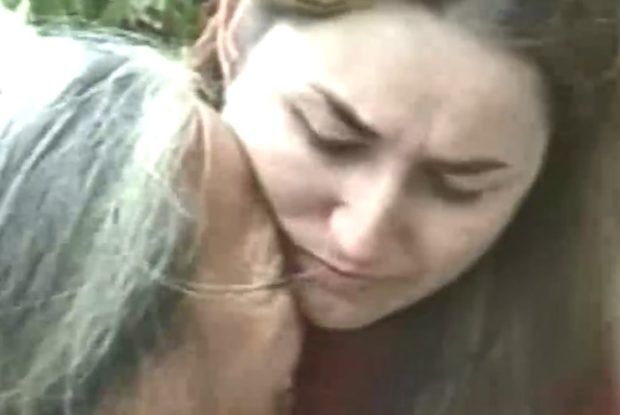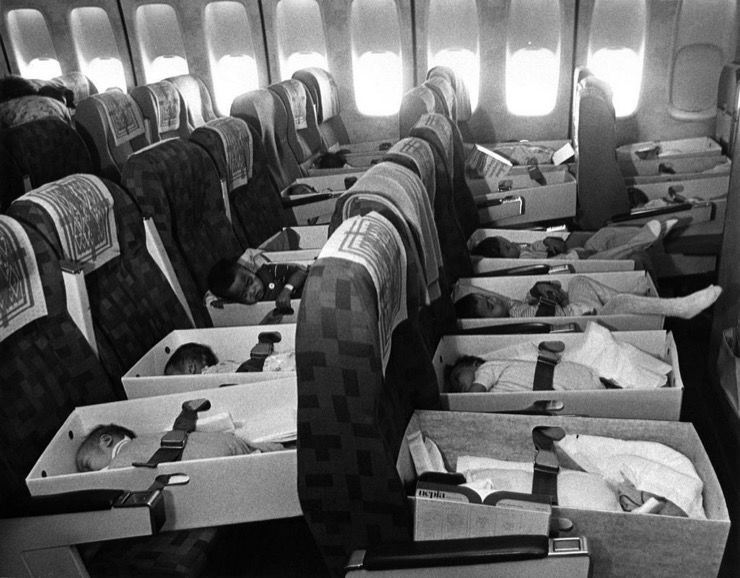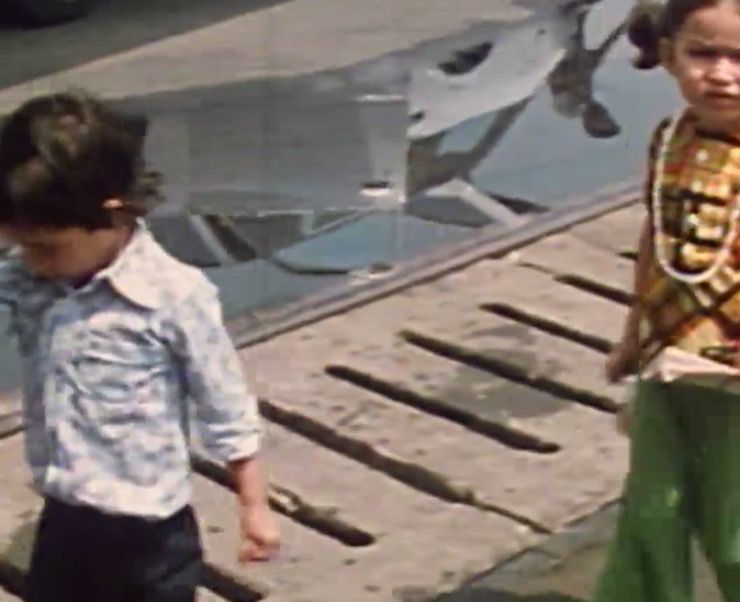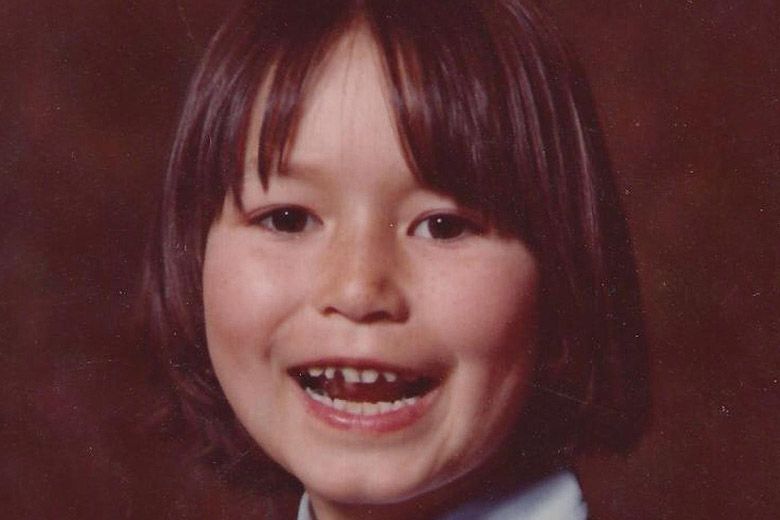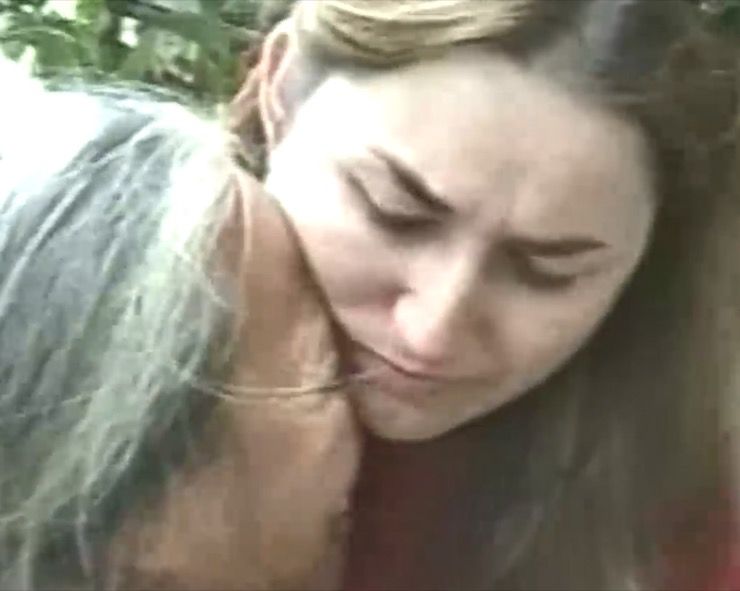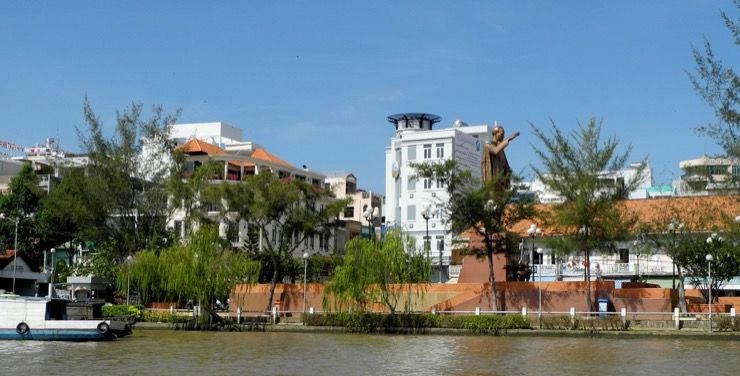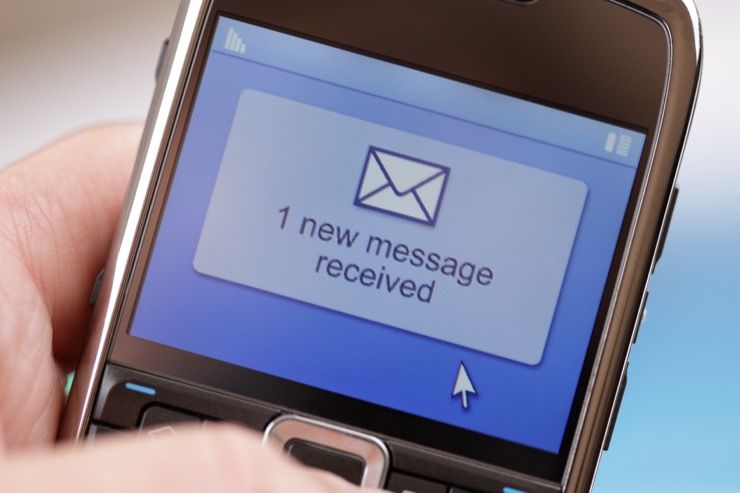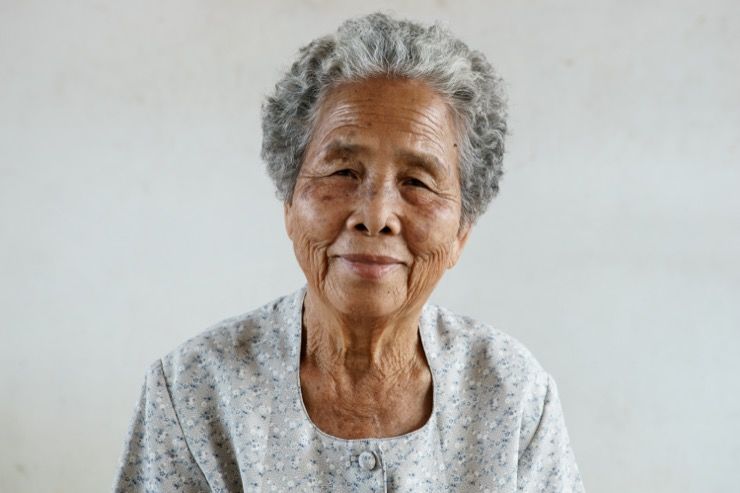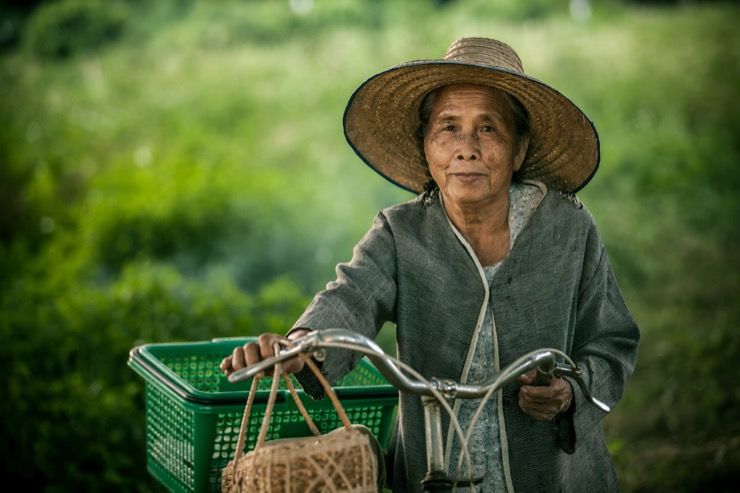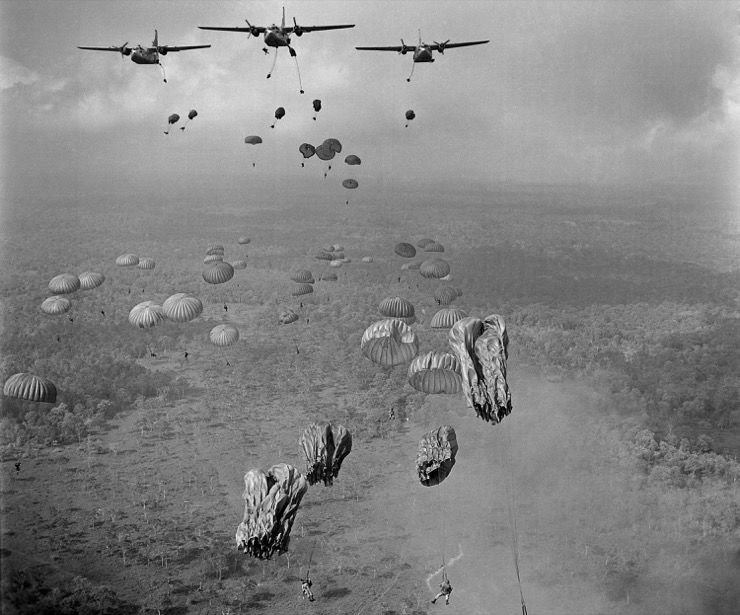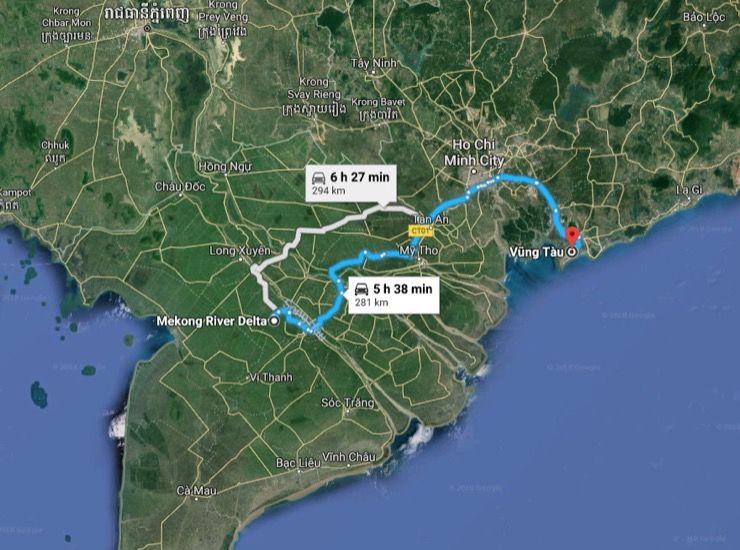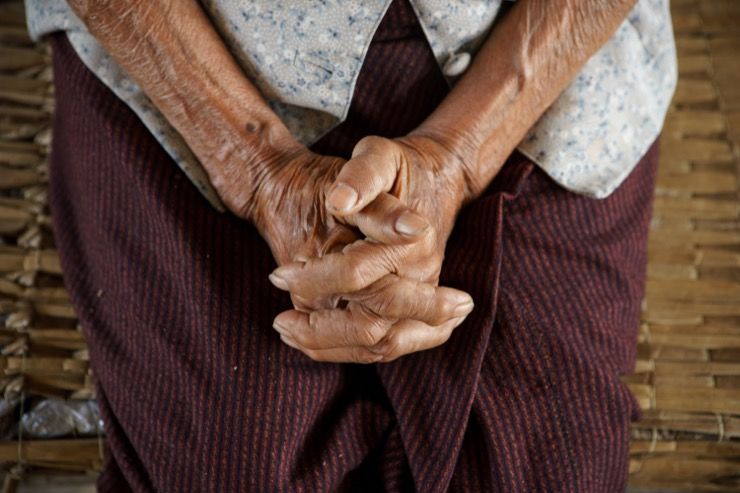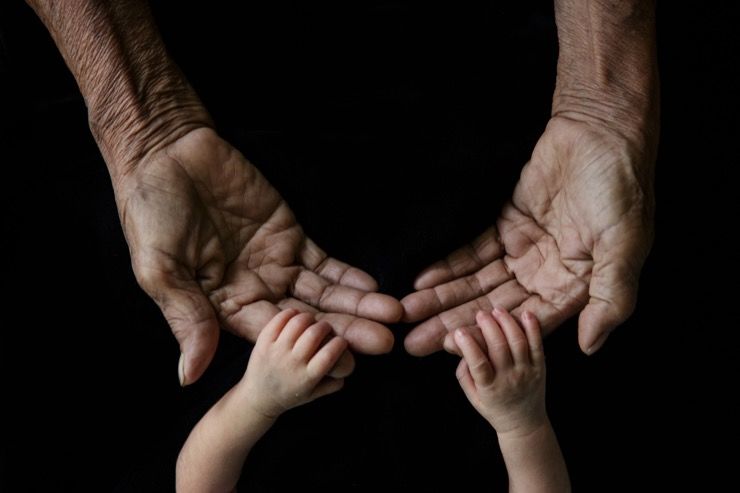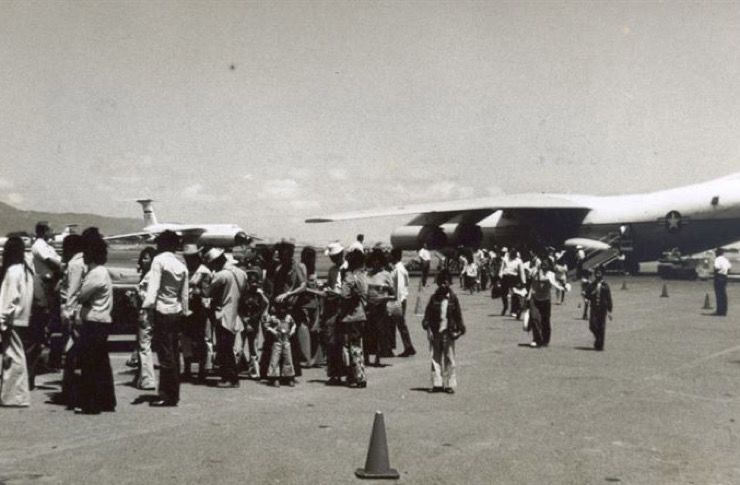In the last days of the Vietnam war, thousands of children were ripped away from their families and sent to other countries. They made up the Vietnam War adoptees and many of them haven’t reconnected with their families since 1975.
While many of them, unfortunately, will never get to see their biological families again, the woman in the following story was one of the lucky few. Along her journey, she was thrown several curve-balls that were meant to break her spirit, but they never did. Here’s what happened.
Operation Babylift
When My Huong was just a child, she was taken away from her family in Vietnam. It was April 1975 when Mu Huong and her brother were among the 3,000 children evacuated from Vietnam in a rescue effort known as Operation Babylift. The “orphans” were adopted out to families in Australia, the United States, and Europe.
Torn Away From Her Family
My Huong was five at the time and her brother was only three when they were airlifted to Sydney with the Australian man who was adopting them. ABC News captured the footage of the children as they boarded the plane.
A New Life In Australia
“When I got to Sydney, all I wanted was to be back in Vietnam with my mother. When you’re five, of course, that’s all you want,” My Huong told ABC News Australia. “I used to cry myself to sleep every night until I was eight or nine years old.” Her home life with her adopted family was less than ideal and she described them as dysfunctional.
Longing For Her Mother
My Huong asked them about her birth mother often and they told her she was dead so that she’d stop. Then, when she was 15, her adoptive mother died. “After that, I was going through my adoptive father’s filing cabinet and I found some letters from my Vietnamese mother to him,” she says.
Reaching Out
“So I decided to write her a letter and I got a simple fax back, saying, ‘Mother still alive very happy to hear from you.’” My Huong was elated and she began exchanging letters with her family but the correspondence became overwhelming to her since she was only a teenager. A few years passed until My Huong felt ready to use the address again.
Paying A Visit
It was March 2004 when My Huong went to her village in Can Tho and waited for her mother, hoping she’d recognize her after nearly 30 years. As soon as she saw her mother again, she burst into tears and her mother took her to see the rest of her relatives in the village. My Huong had finally felt like everything came full circle.
Moving to Vietnam
That day My Huong began a new life in Vietnam with her family. She moved to Can Tho, purchased a home, and she began supporting many of her relatives and spending time getting to know them. “I never questioned that this was my family,” said My Huong. “I had no reason to ever doubt it.”
Starting A New Life
After living in Vietnam for the next 14 years, it was February 2018 when My Huong’s phone rang halfway through her workout at a gym in Vung Tau. Her mother called her three times but she didn’t answer because by then their relationship deteriorated and they weren’t on speaking terms. Right after that, four calls came through from unknown numbers.
The Text Message
Then, My Huong got a bizarre yet simple text message saying, “Ho Thi Ich is your mother.” It made no sense to My Huong and she ignored the message and continued her workout. In her heart, however, she knew something wasn’t right. When she got home, she received another call and she handed the phone to her cousin and got in the shower.
Hit With A Bombshell
When her cousin put down the phone, she was at a loss for words. “She didn’t know what to say to me. Then she just says ‘you’re not my cousin anymore,’ and then… ‘she is not your mother.’” My Huong cried for three days because of the lies and deception she had experienced for 14 years. But once the dust settled, she felt a sense of relief.
Documentary
What happened was that a few months prior, Ho Thi Ich’s granddaughter watched a documentary about My Huong finding her supposed mother. But Ich never gave her daughter away, she was taken from her. In fact, after she almost died giving birth, Ich asked her friend to take care of My Huong until she recovered.
Her Real Mother
Ich was a widow with two other children to support and she felt like she had no other choice. But when My Huong was three months old, the friend took her to a new neighborhood and cut ties with Ich. “Once I woke up I started to ask around where was my child, but nobody was telling me,” Ich told ABC News.
Ho Thi Ich
My Huong lived her whole life up until now thinking that the friend was her birth mother, while Ich was kept in the dark about the location of her daughter. Ich only learned about the location of her daughter when a relative told her that she had been taken to Australia. “The only thing I could do was just accept it,” Ich said.
Life During The War
“Life during the war was incredibly hard. It was just a matter of enduring and hoping that my daughter has a good life.” But when Ich’s granddaughter showed her My Huong’s documentary, she was outraged. “I felt many things. Betrayal, disbelief, confusion, a lot of pain.” She went to confront her former friend, who was very blunt with her.
Betrayed By Her Friend
Her friend said: “‘We are not friends … you gave that child to me, that child does not belong to you anymore.’” Eventually, Ich was able to get a hold of My Huong’s phone number and one day later she traveled all the way from the Mekong Delta to Vung Tau to visit her daughter. When My Huong finally saw her real mother for the first time, she was in shock.
The Reunion
“I sat next to her, this little frail woman, like ‘Oh my God, she’s so tiny and she looks so sick,’” My Huong said. But Ich feared that My Huong wouldn’t accept her after everything that happened. “I was so overwhelmed at that time, my relatives were asking me to keep calm but I felt like I might faint,” Ich said.
Biological Mother
Even before My Huong took a DNA test, she knew Ich was her real mother. Finally, after so many years and letdowns, My Huong was in the arms of Ich, her biological mother. Her journey inspired her to help other children who were separated from their families in Vietnam all those years ago.
What She Learned
Her experience taught her that the main barrier is the lack of information available. Records were lost during the war and others were fabricated in the rush of evacuation. At that time, paperwork wasn’t important, since all mothers cared about was rushing to save their children’s lives. Some babies were thrown onto rescue plans as gunshots fired and live footage was captured from this heart-wrenching time.
Helping Others
In January 2017, My Huong was contracted by ISS Australia’s Intercountry Adoption Tracing and Reunification Service to carry out birth family searches for Australian intercountry adoptees from Vietnam. She’s also been involved in a number of documentaries involving intercountry adoption and she is currently the Vice-Director of the Center for Social Protection of Children Long Hai. My Huong even started her own organization, Vietnam Family Search.
My Huong’s Advice
Without My Huong’s dedication and commitment, these services wouldn’t be possible. But she encourages those people looking for their families to act fast because time is running out. “The window of opportunity is getting smaller everyday, because the mothers are getting older,” My Huong says. My Huong’s team reaches out to the Vietnamese community using grassroots tactics, from handing out flyers to investing in documentaries for Vietnamese television. She says it’s a matter of trying everything possible.
